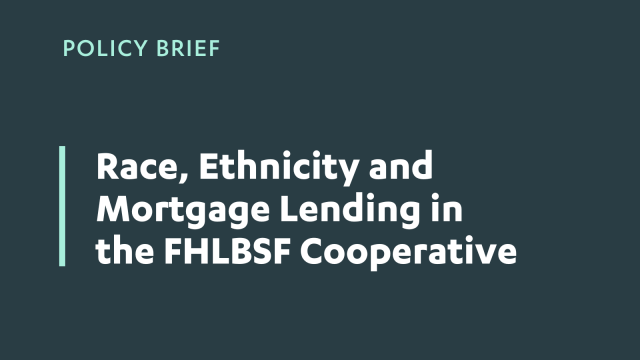Electric Carsharing for Low-Income Households in California
The last decade has seen immense growth in electric vehicle ownership across the United States. However, private car ownership, especially for EVs, is costly and can present a significant financial burden for low-income people and households, whose car ownership rates diverge along racial and ethnic lines (Ruggles, 2022). Carsharing services that allow people to use cars on a per-trip basis can ease this burden by providing vehicle access at a lower price than private vehicle ownership. The fleets of many of the newer carshare programs are electric, increasing the use of and familiarity with EVs among a larger and more diverse group of travelers (Nichols & Bernard, 2021). While carsharing programs are not new, their increased availability in and centering of low-income households and communities is a recent development.



